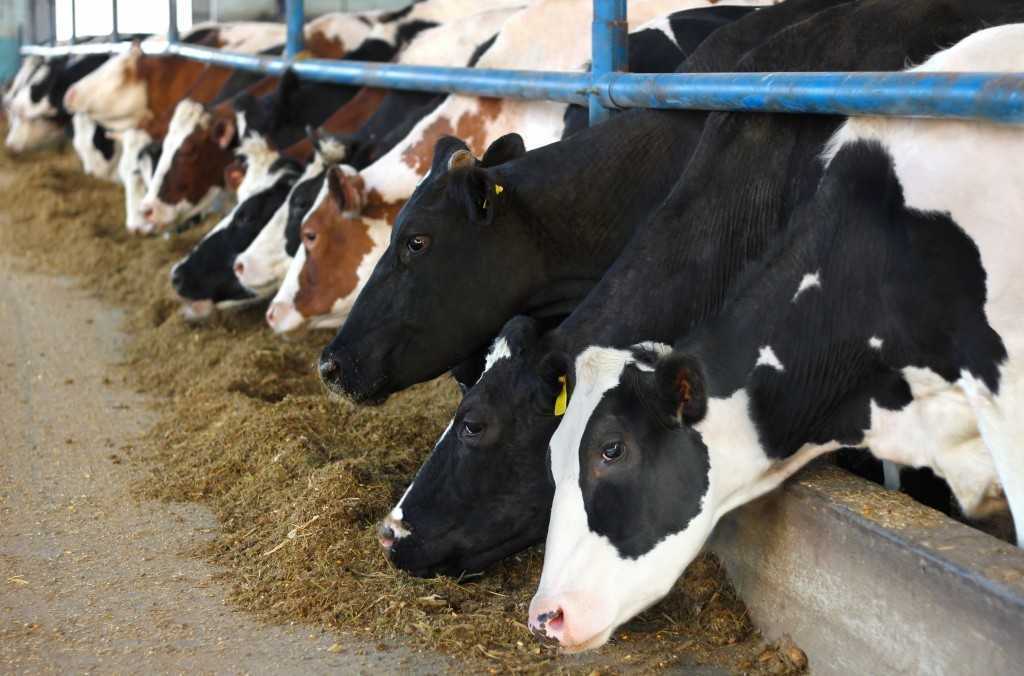 The dairy industry, according to the Dairy Companies Association of New Zealand, is the country’s biggest export earner. It accounts for more than 29% of NZ’s merchandise exports, with around 95% of the country’s milk being exported. The key strengths of the country’s industry include research, large scale processing, and efficient grass farming system.
The dairy industry, according to the Dairy Companies Association of New Zealand, is the country’s biggest export earner. It accounts for more than 29% of NZ’s merchandise exports, with around 95% of the country’s milk being exported. The key strengths of the country’s industry include research, large scale processing, and efficient grass farming system.
Local farmers who want to maintain a healthy herd of cows that produces large amounts of milk need to invest in nutrition. This is because diet and nutrition affect the yield and proportion of milk components. Proper feeding, furthermore, can promote health and improve the economy of milk production.
Feed Intake
Increasing feed intake can improve milk protein, which is important for successful milk production. Keep in mind that high producing cows need to eat about 3.6% to 4% of their body weight every day as dry matter. If they are consuming less than the recommended amount, the production of milk solid components may be limited.
Maximizing feed intake is associated with minimising negative energy balance during early lactation. Dairy cows need to move into positive energy balance to regain body weight and produce milk with normal protein and fat composition.
Grains and Fats
Grains are an important part of a cow’s diet, which can improve milk fat and protein test. Takanini Feeds suggests being careful when choosing feeds, as grain processing can affect milk quality and composition. Flaked corn, for instance, can increase milk protein, while oats can decrease milk protein percentage.
Fibre, on the other hand, is great for stimulating rumination and salvation, and maintaining normal milk protein. There are many alternative fibre sources suitable for feeding dairy cows, provided that they are supplemented with high-energy feeds and protein sources. Choose wisely, as they vary in effective fibre value and digestibility.
Dairy cows need to eat a balanced diet with enough fibre, protein, water, and vitamins and minerals. This is to support their own maintenance and growth, including milk production and the health needs of a growing foetus. Both quantity and quality are important.

